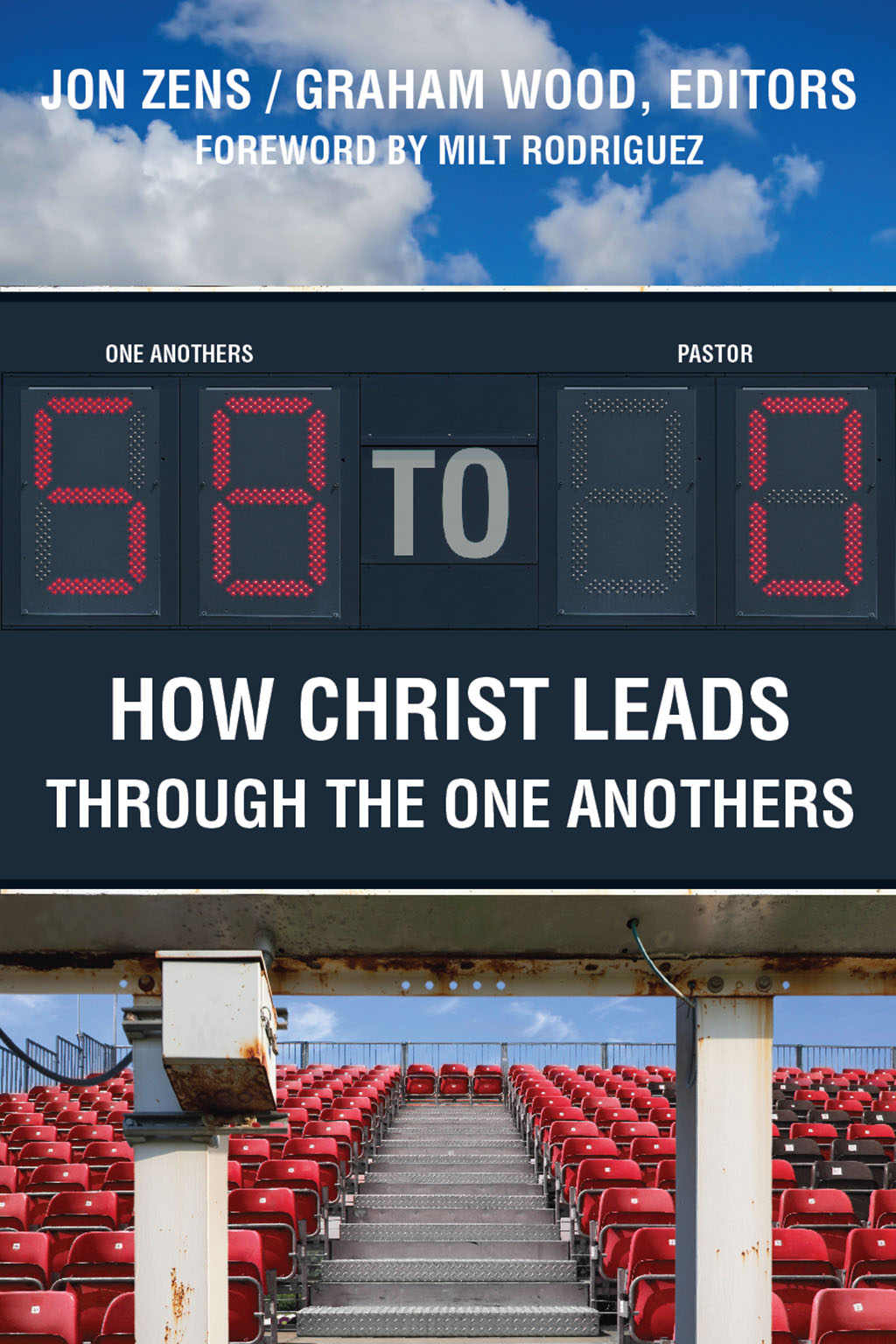Divorce & Remarriage – What Does the Bible Really Say?
Posted by Radical Resurgence | Posted in Uncategorized | Posted on 29-03-2014
0
by John Austin
Divorce and remarriage is a subject that’s deeply misunderstood by Christians. The misunderstanding has caused harsh judgment, ostracization, persecution, harassment, and even abuse from Christians against other Christians who have been divorced or remarried, without any questions being asked about their specific situations.
Unfortunately, some Bible teachers have spread the false idea that there is no biblical grounds for divorce or remarriage, ever. According to them, a husband can cheat on his wife, abuse her, act violently toward her, neglect her, and she must still be married to him. Also, a wife can continually cheat on her husband, berate and abuse him, and he must still be married to her.
These teachers even go so far as saying that if an abusive or unfaithful spouse initiates a divorce, the other spouse must remain single for the rest of their lives, even if God did not equip them to be celibate. (Celibacy is a gift according to Matthew 19:12 and 1 Corinthians 7:7.)
For those who teach this doctrine, the sayings of Jesus regarding “except for fornication” are reinterpreted to say that Jesus wasn’t talking about marriage. He was talking about engagement (betrothal).
The overwhelming majority of biblical scholars reject this view because it doesn’t fit with the whole teaching of Scripture or the context in which Jesus was speaking.
Other Bible teachers say that the only exception for divorce and remarriage is adultery. They base this idea on a few of Jesus’s statements in the Gospels. But this view ignores the context of those statements as well as what Paul had to say about the subject.
The fact is that not every case of divorce is the same, so each one cannot be treated the same. In the same way, not every case of remarriage is the same. So not all cases of remarriage should be treated the same. This is the fundamental mistake that many Christians make about this subject. They make a universal judgment on divorce and remarriage and apply it to every person and every situation.
There are actually four grounds for divorce and remarriage in the Bible.




